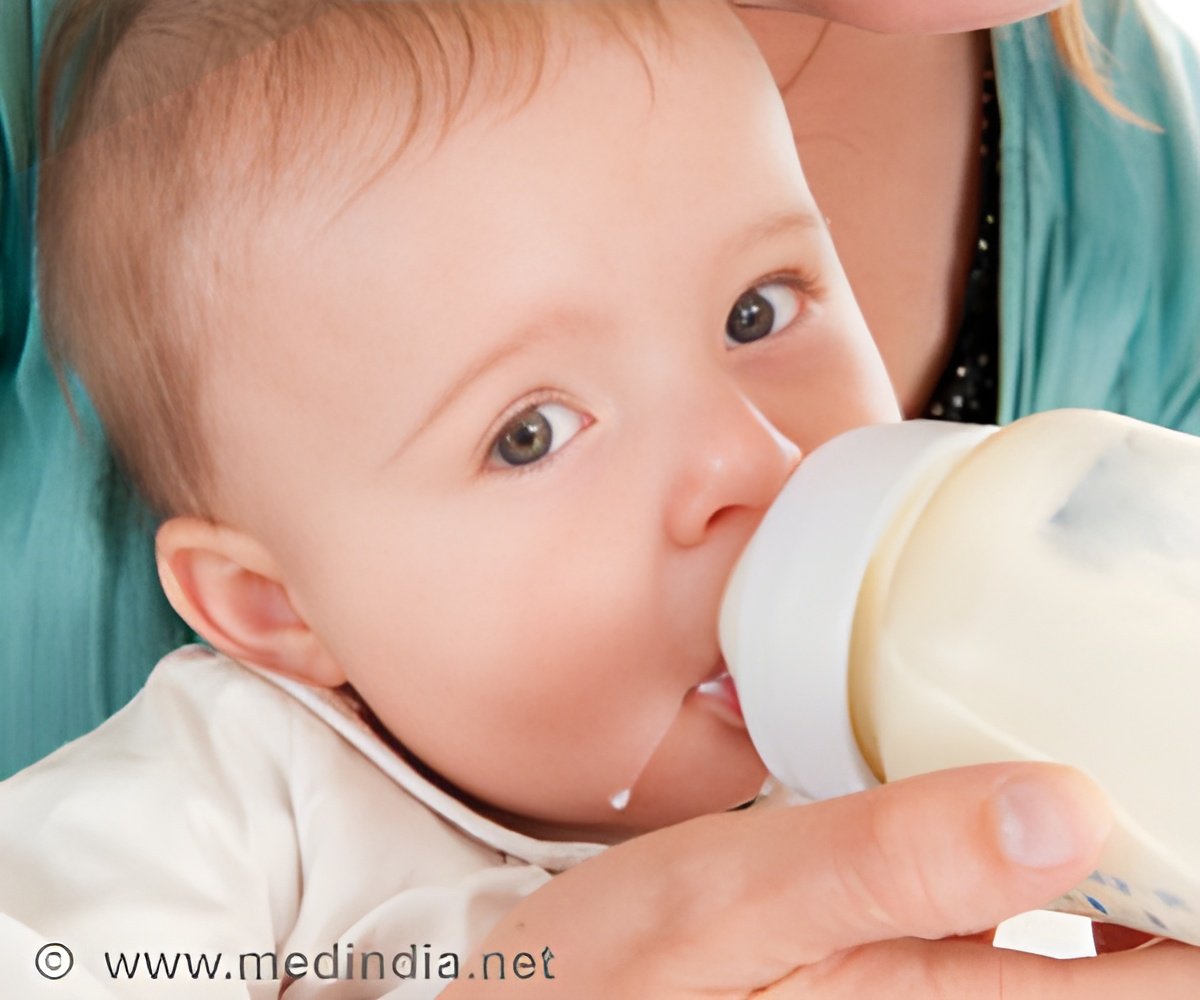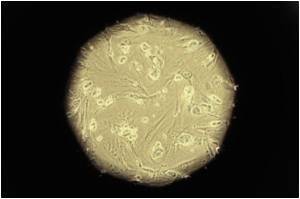
‘New data build on earlier work showing that babies fed formula with HMO have an immune system response more like breastfed babies.’
Tweet it Now
In a series of studies*, Abbott researchers found that 2’-FL (2’-fucosyllactose), the most abundant HMO found in breast milk, modifies the profile of the bacteria in the digestive systems of formula-fed babies, increasing beneficial species such as Bifidobacteria and boosting favourable bacterial activity in the intestine3. With 2’-FL, there is an increase in the production of healthy substances such as short chain fatty acids and a reduction in the release of less desirable molecules such as ammonium. In order to exert these beneficial effects, 2’-FL needs to be modified by bacteria in the gut first. The new data presented this week will significantly add to the understanding of the mechanism of action behind HMOs’ immune system boosting properties.
Dr. Ardythe Morrow, PhD, Director of the Center for Interdisciplinary Research in Human Milk and Lactation at Cincinnati Children’s Hospital Medical Center, commented that, "Human milk delivers optimal nutrition to support infant health and development, including a rich repertoire of human milk oligosaccharides. 2’-FL is the most abundant HMO in most mothers’ milk. This new data deepens the evidence for a beneficial impact of dietary intake of 2’-FL on infant gut and immune development."
Previously published Abbott research demonstrates that babies fed infant formula with HMO** have an immune response more like breastfed babies5. Levels of five immune markers were nearly identical in breastfed babies and babies fed the formula containing the HMO 2’-FL.
"All parents want to give their babies the strongest possible start in the first year of life which is an important window for the development of the immune system," comments Hakim Bouzamondo, MD, MSc, MBA, Head of Global Nutrition Research and Development at Abbott. "Good nutrition helps build the foundation for a child’s ability to learn, grow and thrive. While nothing can replace breast milk, for those mums who need or choose to use infant formula, we’re committed to providing the most scientifically advanced nutrition yet with Similac with HMO."
Advertisement
With more than 90 years of experience, Abbott conducts ongoing research to give babies the strongest possible start in the first year of life. Abbott is dedicated to unconditional nourishment and continues to offer parents new feeding options. Learn more about the science and benefits of HMO on the Abbott nutrition newsroom.
Advertisement














